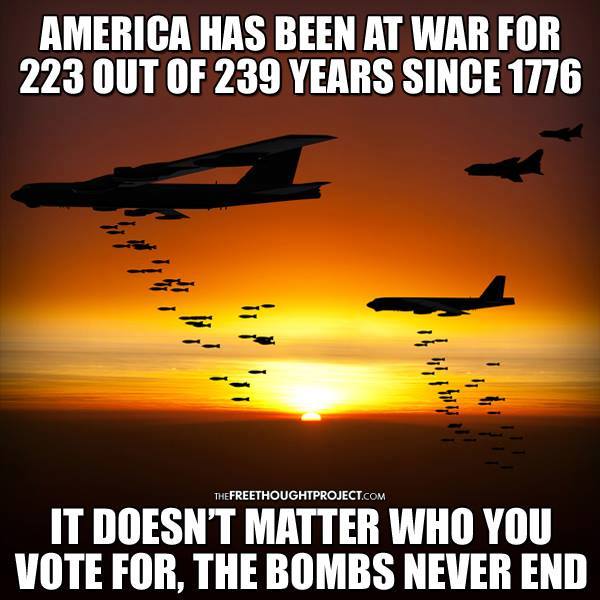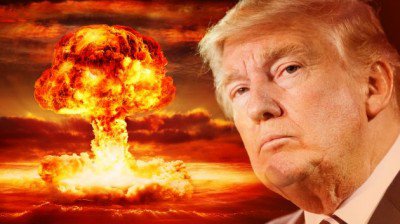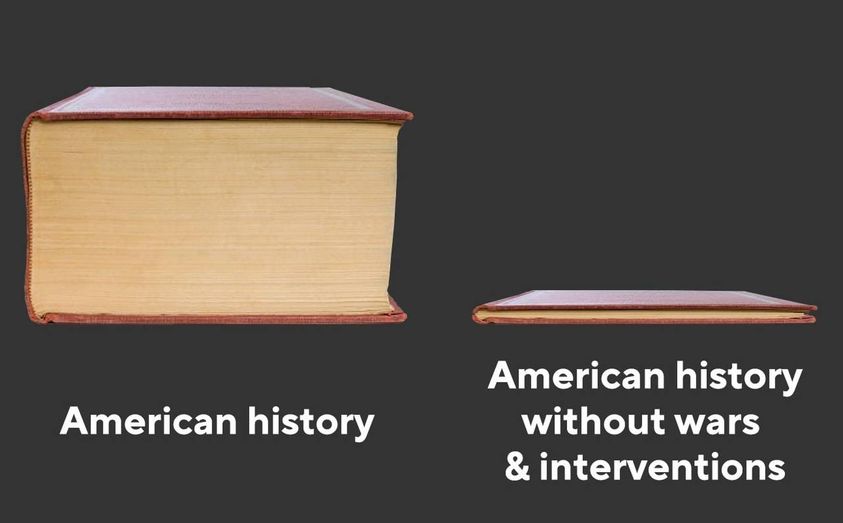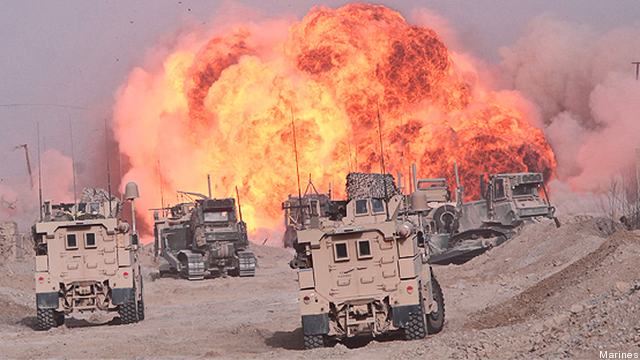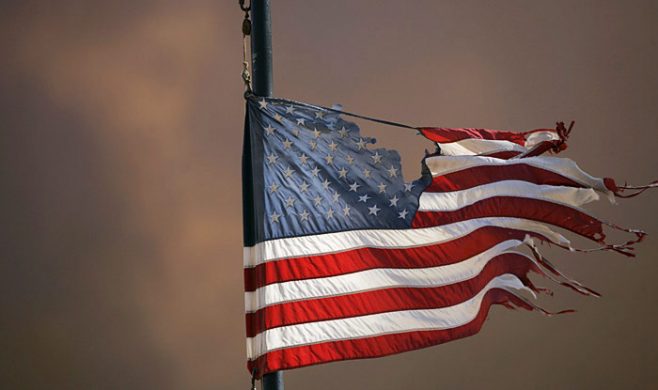
Views: 773

This April 4th will be 100 years since the U.S. Senate voted to declare war on Germany and 50 since Martin Luther King Jr. spoke out against the war on Vietnam (49 since he was killed on that speech’s first anniversary). Events are being planned to help us try to finally learn some lessons, to move beyond, not just Vietnam, but war.
That declaration of war on Germany was not for the war that makes up the single most common theme of U.S. entertainment and history. It was for the war that came before that one. This was the Great War, the war to end all wars, the war without which the conditions for the next war would not have existed.
As well recounted in Michael Kazin’s War Against War: The American Fight for Peace 1914-1918, a major peace movement had the support of a great deal of the United States. When the war finally ended (after the U.S. had actually been in it for about 5% the length of the war on Afghanistan thus far) just about everybody regretted it. The losses in life, limb, sanity, property, civil liberties, democracy, and health were incredible. Death, devastation, a flu epidemic, prohibition, a permanent military and the taxes to go with it, plus predictions of World War II: these were the results, and a lot of people remembered that they had been warned, as well as that the ending of all war had been promised.
The peace activists had warned the U.S. government to stay out of the war (not out of foreign relations, just out of mass-murdering foreign relations). And they had been right. The regret was intense and lasting. It lasted right up until the worst result of World War I came along in the form of World War II. At that point, regret was replaced with forgetting. World War I was erased from popular history, and its child on steroids was celebrated rather than mourned, and has been celebrated with growing reverence ever since.
The massive peace movement that outlawed war in 1928, had been widespread, mainstream, and aggressive before 1917 as well. Antiwar Congress members had entered into the Congressional Record a sample of the flood of letters and petitions they had received urging that the U.S. stay out of war. Peace groups had held marches and rallies, sent delegations to Europe, met with the president, and pushed to require a popular vote before the launching of any war, believing that the public would vote war down. We’ll never know, because the vote was never taken. Instead, the United States jumped into the war, thereby preventing a negotiated settlement and creating a total victory followed by vicious punishment of the losing side — the very fuel for Nazism, as well as for Italian fascism, Japanese imperialism, and the Sykes-Picot carving up of the Middle East so beloved by that region’s residents to this day.
An antiwar exhibit that toured the U.S. in 1916 included a life-sized model stegosaurus that represented the fatal consequences of having heavy armor but no brains. The idea of preparing for war in order to achieve peace, which today is simple commonsense, was widely found to be a great source of humor, as Washington cynically pursued “preparedness.” Morris Hillquit, an eloquent socialist — something of a Bernie Sanders without the 21st-century militarism — asked why European nations, having fully armed themselves to avoid war, hadn’t avoided it. “Their antiwar insurance turned out to be a bad case of over-insurance,” he said. You prepare for war, and you get war — remarkably enough.
Woodrow Wilson won reelection on an antiwar platform, and could not have won it otherwise. After he opted for war, he was unable to raise an army to fight his war without a draft. And he was unable to sustain a draft without imprisoning people who spoke against it. He saw to it that conscientious objectors were brutally tortured (or, as we would say today, interrogated). Yet people refused, deserted, evaded, and violently fought recruiters by the thousands. The wisdom to reject war was not lacking. It just wasn’t followed by those in power.
The understanding that war should be ended, which reached its peak perhaps in the 1920s and 1930s, saw something of a comeback during what the Vietnamese call the American War. Martin Luther King did not propose a different war or a better war, but leaving behind the entire war system. That awareness has grown even as the Vietnam Syndrome has faded and war been normalized. Now, the U.S. popular mind is a mass of contradictions.
In a recent poll, 66% of people in the United States are worried that the U.S. will become engaged in a major war in the next four years. However, the U.S. is engaged in a number of wars right now that must seem pretty major to the people living through them, wars that have created the greatest refugee crisis so far on the planet and threatened to break similar records for starvation. In addition, 80% of the U.S. public in the very same poll say they support NATO. There’s a 50/50 split on whether to build yet more nukes. A slim majority favors banning refugees who are fleeing the wars. And over three-quarters of Democrats believe, for partisan rather than empirical reasons, that Russia is unfriendly or an enemy. Despite the warnings of the wise for over a century, people are still imagining they can use war preparations to avoid war.
One thing that could help keep us out of more wars is the Trump face now placed on the wars. People who will hate Russia because they hate Trump may at some point oppose Trump’s wars because they hate Trump. And those getting active to support refugees may also want to help end the crimes that create the refugees.
Meanwhile, German tanks are again rolling toward the Russian border, and instead of soliciting denunciations from groups like the Anne Frank Center, as recently done to combat Donald Trump’s anti-Semitism, U.S. liberals are generally applauding or avoiding any awareness.
One thing is certain: we will not survive another 100 years of this. Long before then, we will have to try something else. We will have to move beyond war to nonviolent conflict resolution, aid, diplomacy, disarmament, cooperation, and the rule of law.
Originally published in February 2017
Author: David Swanson
Source: World Beyond War
Origins of images: Facebook, Twitter, Wikimedia, Wikipedia, Flickr, Google, Imageinjection & Pinterest.
Read our Disclaimer/Legal Statement!
Donate to Support Us
We would like to ask you to consider a small donation to help our team keep working. We accept no advertising and rely only on you, our readers, to keep us digging the truth on history, global politics and international relations.
FOLLOW US ON OUR SOCIAL PLATFORMS

